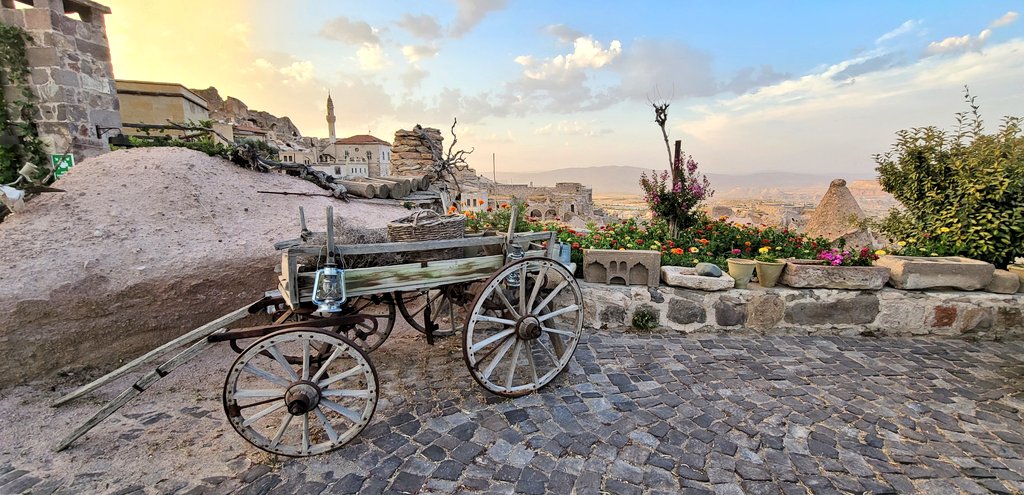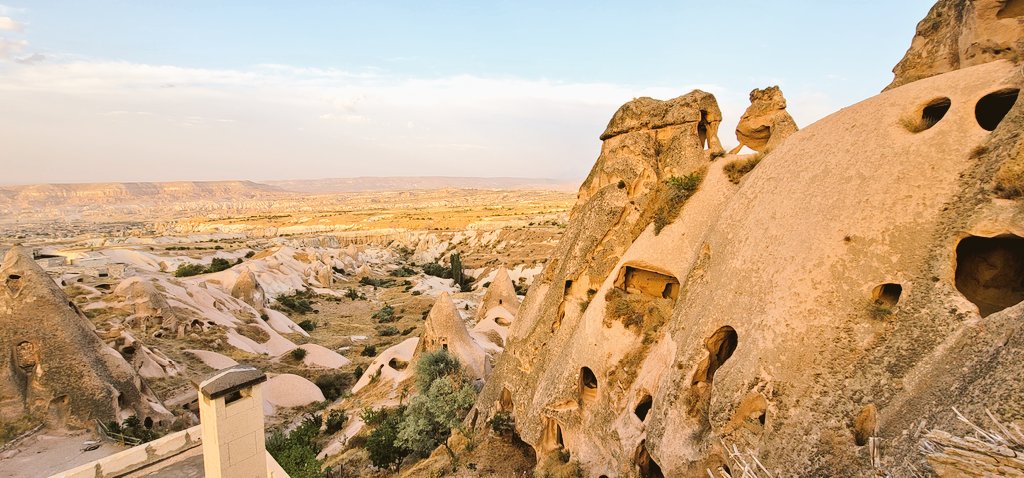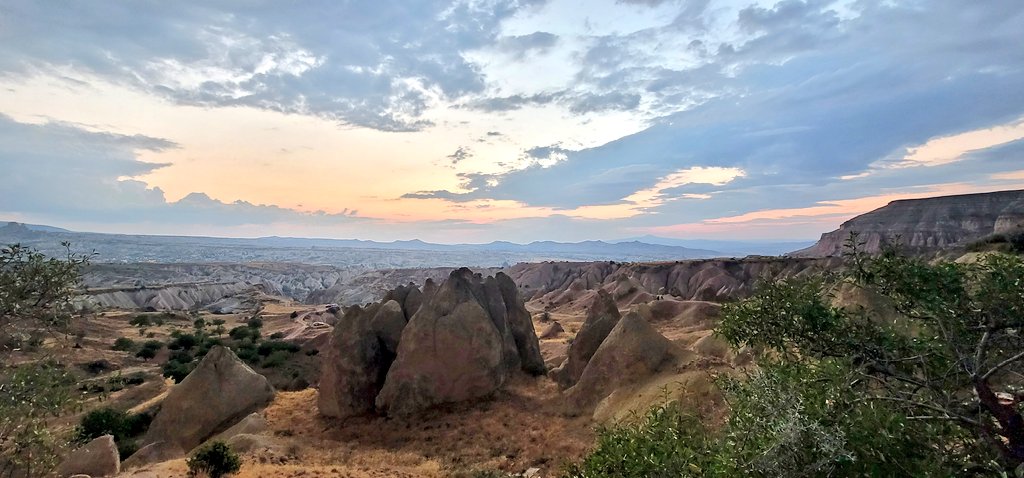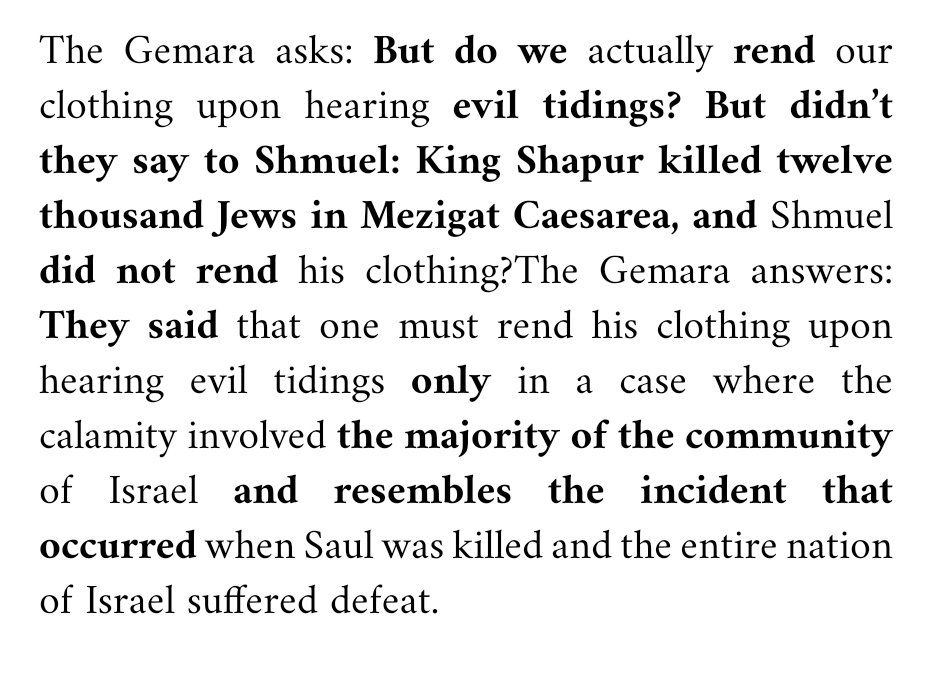
Day 14 of #TurkeyJewishRoadtrip:
Cappadocia...
Did you know that the Jews of #Cappadocia have an ever lasting impression on every Jewish home celebrating #Shabbat?
Rosh Hodesh Tov 😂
(enjoy the beautiful scenery while you read...)
Cappadocia...
Did you know that the Jews of #Cappadocia have an ever lasting impression on every Jewish home celebrating #Shabbat?
Rosh Hodesh Tov 😂
(enjoy the beautiful scenery while you read...)

You see, some Jewish communities of Anatolia left their mark etched in stone. Some left significant buildings, cemeteries, books (we will talk about that too), but some were so significant that the Talmudic scholars have enhanced Jewish law to accommodate their specific needs! 

After the temple in Jerusalem was destroyed in the year 70 CE, the great rabbis gathered in the city of Yavne, and collaborated in adopting Jewish law to a new situation, Judaism without a central Temple... 

Prayer substituted sacrifice, and while acts in memoriam of the Temple and prayers for its rebuilding and redemption will be very much part of the daily life of Jews, the rabbis have adopted Judaism so it can be applied to the diaspora... 

"Shabbat candles can only be lit using Olive oil" said Rabbi Tarfon, an elderly sage who served as a priest in the Holy Temple.
But "What would the people of Babylon do that they only have sesame oil? What would the people of Persia do that they only have nut oil?...
But "What would the people of Babylon do that they only have sesame oil? What would the people of Persia do that they only have nut oil?...

"And the people of Cappadocia don't have any of these oil, but have only Naphtha?!" - said Rabbi Yohanan son of Nuri.
These were new challenges for the newly dispersed people.
The law was then declared: One may light with all oils: including Naphtha/Petroleum...
These were new challenges for the newly dispersed people.
The law was then declared: One may light with all oils: including Naphtha/Petroleum...

See, lighting parafin based Shabbat candles in Cappadocia, holds special significance...
The Jewish community in Cappadocia is mentioned some 20 times in the Talmud. It hosted visiting scholars, such as Rabbi Akiva and Rabbi Meir in the 1st century. Rabbi Natan in the 3rd...
The Jewish community in Cappadocia is mentioned some 20 times in the Talmud. It hosted visiting scholars, such as Rabbi Akiva and Rabbi Meir in the 1st century. Rabbi Natan in the 3rd...

Jews of Cappadocia were frequent travelers to Jerusalem, some of the ancient headstones of the Jaffa cemetery indicate that they belong to Jews who came from Cappadocia... 

We were told that there was a Jewish community in Cappadocia from antiquity until the 1950's - we couldn't find anything - if you know of anyone, please do let me know by DM...
But some scenes of Cappadocia are a must...
But some scenes of Cappadocia are a must...

In one of many times Cappadocia is mentioned in Talmudic literature, it speaks about a couple marrying in Cappadocia and divorcing in the Holy Land of Israel - in what currency does the husband pay pack the dowry, Cappadocian currency, which was 'heavier' of local currency... 

In another place the Babylonian Talmud speaks about the Sage Rabbi Nathan who refused to perform circumcision in Cappadocia, in a case that the newborn's older siblings suffered from hemophilia... 

There are so many Talmudic sources that come to mind - when roaming this beautiful landscape, which the Bible name "Kaftor"... But hang on for one more interesting thing that came to mind today...
We went touring at the Özkonak Underground City, an impressive construction by the original inhabitants of Cappadocia that amazes everyone who visits... One finds it difficult to walk straight though, as the average hight of the ancient Cappadocian was about 140 cm...
The verse in Ezekiel 27:11 refers to "Gamadim in castles". The word Gamadim, literally means dwarfs, or very short people. The Yonatan Aramaic translation, written in 200 BC, translated the word Gamadim as Cappadocians! Hence the connection Gamadim=Dwarfs=Cappadocians...
• • •
Missing some Tweet in this thread? You can try to
force a refresh

























